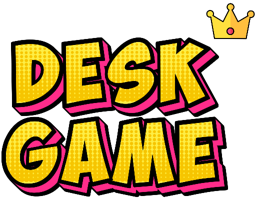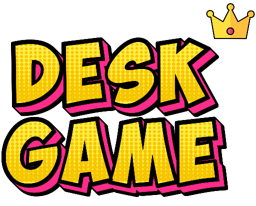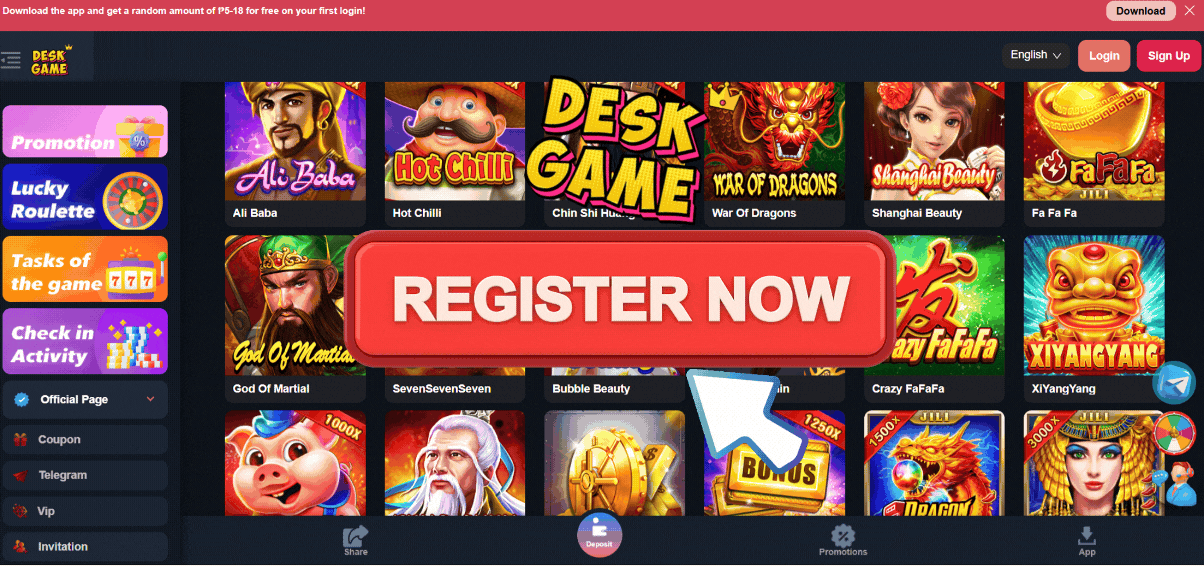Understanding Age Restrictions in GCash-Integrated Desk Games: A Comprehensive Guide
In the rapidly evolving landscape of digital finance and online gaming, the integration of mobile payment platforms like GCash with various forms of entertainment, including desk games, has become increasingly prevalent. This convergence raises crucial questions, particularly regarding age restrictions and regulatory compliance. This article delves into the nuanced topic of age requirements for desk games that integrate GCash, exploring the legal frameworks, parental concerns, and the broader implications for responsible gaming.
The Intersection of Desk Games and GCash
Desk games, a broad category encompassing board games, card games, and other tabletop entertainment, have experienced a surge in digital adaptations. These digital versions often incorporate financial transactions, facilitated by platforms like GCash, which allow users to make in-game purchases, subscribe to services, or even place bets in some instances. While the convenience of such integrations is undeniable, it also brings to the forefront the critical issue of age eligibility.
Legal Frameworks Governing Age Restrictions
The legal landscape surrounding age restrictions for desk games that use GCash is intricate and varies by jurisdiction. In many countries, stringent regulations govern online gambling and financial transactions involving minors. For instance:
1、Gambling Laws: Games that involve betting or wagering are typically subject to strict age limits, often requiring participants to be at least 18 or 21 years old.
2、Financial Regulations: Financial platforms like GCash must comply with anti-money laundering (AML) and know-your-customer (KYC) protocols, which include verifying the age of users.
3、Consumer Protection Laws: These laws aim to protect minors from exploitation and financial harm, imposing age restrictions on certain types of transactions.
Parental Controls and Responsible Gaming
For parents, the integration of GCash into desk games raises concerns about unauthorized spending and exposure to inappropriate content. To address these issues, several measures can be implemented:
1、Parental Controls: Many gaming platforms offer parental control settings that allow parents to restrict access to certain games or disable in-game purchases.
2、Educational Initiatives: Educating both parents and minors about responsible gaming and financial literacy is crucial. This includes understanding the risks associated with in-game spending and the importance of age-appropriate content.
3、Monitoring Tools: Utilizing tools that monitor and track in-game purchases can help parents ensure that their children are not engaging in unauthorized financial transactions.
The Role of Developers and Platforms
Game developers and platforms that integrate GCash have a responsibility to enforce age restrictions and promote responsible gaming. This can be achieved through:
1、Age Verification Systems: Implementing robust age verification mechani ...... s to prevent minors from accessing age-restricted content.
2、Transparent Policies: Clearly communicating age restrictions and financial policies to users.
3、Collaboration with Authorities: Working closely with regulatory bodies to ensure compliance with local laws and regulations.
The Broader Implications
The integration of financial services like GCash into gaming raises broader societal questions:
1、Financial Literacy: Ensuring that young users understand the financial implications of in-game purchases.
2、Addiction and Mental Health: Addressing the potential for gaming addiction and its impact on mental health.
3、Data Privacy: Protecting the personal and financial data of users, especially minors.
FAQs and Diverse Perspectives
Q1: What is the minimum age requirement for using GCash in gaming?
A1: The minimum age requirement for using GCash typically aligns with the legal age for financial independence, which is usually 18 years old. However, some platforms may have specific age restrictions based on the nature of the game and local regulations.
Q2: How can parents monitor their children's use of GCash in games?
A2: Parents can use parental control settings available on most gaming platforms, set up alerts for financial transactions, and educate their children about responsible spending. Additionally, some financial services offer family account options that allow parents to monitor and control their children's transactions.
Q3: Are there any legal repercussions for underage use of GCash in gaming?
A3: Yes, both the gaming platform and the financial service provider could face legal repercussions if they fail to enforce age restrictions. This could include fines, legal action, and damage to their reputation.
Different Perspectives:
1、Regulatory Perspective: Regulatory bodies emphasize the importance of strict age verification to protect minors from financial exploitation and inappropriate content.
2、Parental Perspective: Parents often advocate for stronger controls and transparency to ensure their children's safety and financial security.
3、Industry Perspective: Game developers and financial service providers may focus on balancing user experience with regulatory compliance, often investing in advanced age verification technologies.
The integration of GCash into desk games presents a multifaceted challenge that requires a collaborative approach from regulators, parents, and the industry. By understanding and enforcing age restrictions, we can ensure a safer and more responsible gaming environment for all users.
Diverse Opinions and Questions:
Q1: Should there be a global standard for age restrictions in online gaming?
A1: A global standard could provide consistency and simplify compliance for developers, but it must account for cultural and legal differences across regions.
Q2: How can technology improve age verification processes?
A2: Advanced technologies like biometric verification and AI-driven age estimation can enhance the accuracy and efficiency of age verification processes.
Q3: What role do educators play in promoting responsible gaming?
A3: Educators can incorporate digital literacy and responsible gaming into their curricula, helping students understand the risks and make informed decisions.
By addressing these questions and considering diverse perspectives, we can foster a more informed and responsible approach to the integration of financial services like GCash in the gaming industry.












comment